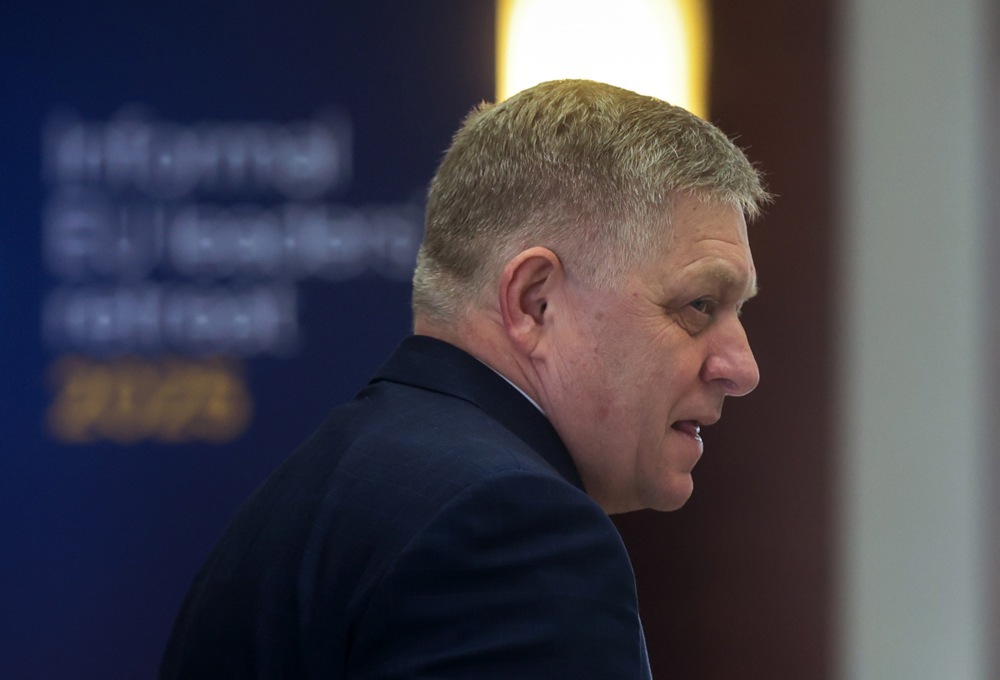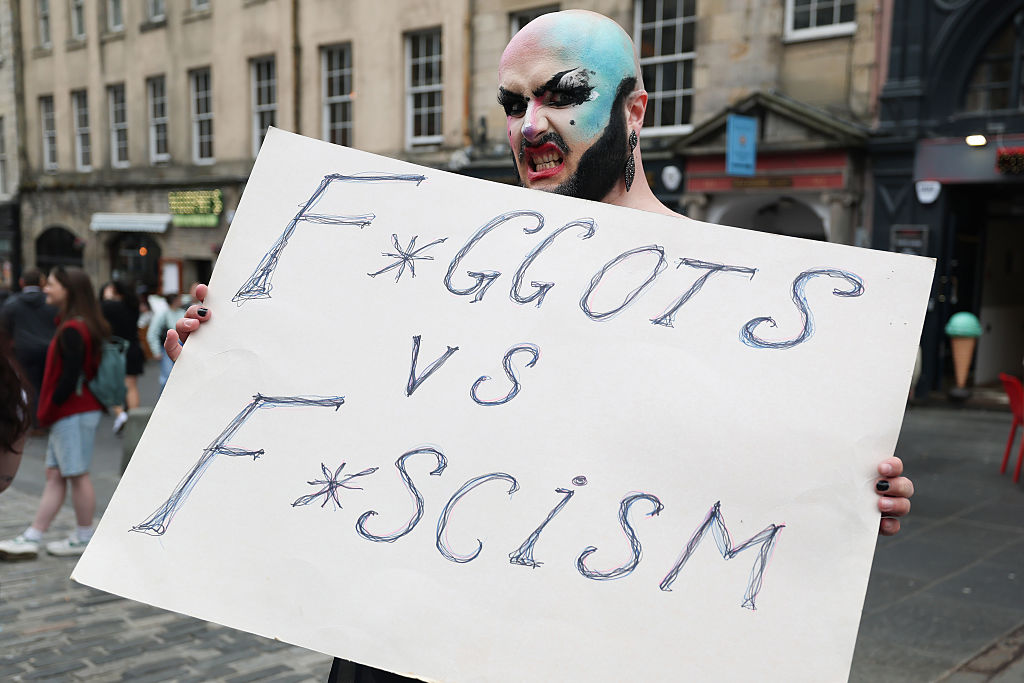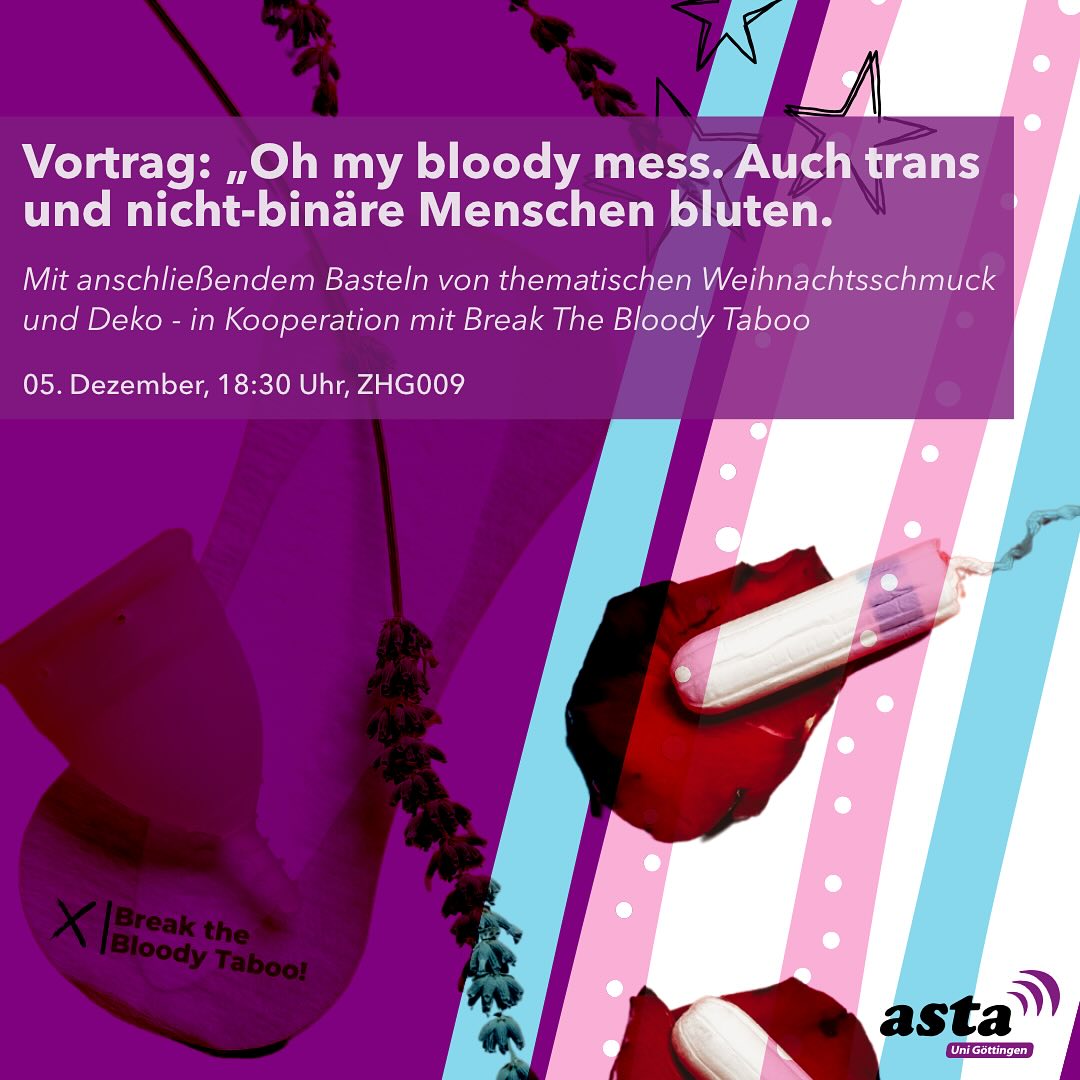Slovakia’s parliament is debating a constitutional amendment to enshrine traditional values on gender and sexuality in the country’s constitution.
The parliament proposal also seeks to prevent the European Union from overruling Slovakian decisions.
The amendment was initiated by Prime Minister Robert Fico and the ruling populist coalition. It aims to recognise only two sexes, exclude same-sex couples from adoption and prioritise Slovak law over European Union law in areas related to “cultural-ethical questions”, national identity and values.
These are the same issues that triggered a bitter conflict between the EU and Hungary.
Slovakia’s Government framed the constitutional amendment as protecting Slovak sovereignty against “progressive” or “woke” EU legislation on gender identity, LGBTQ+ rights and family matters.
In June, Fico stated that he recognised only two sexes, namely male and female, adding that marriage was the unique union of man and woman.
“There is a real constitutional majority that can strengthen the traditional understanding of family and a healthy view of the existence of two sexes in September,” he said.
Regarding so-called gender fluidity, Fico said: “If you want someone to feel like a lamp or a chair, or a helicopter or a dog, let them feel that way, but we will recognise in the Constitution only two sexes, man and woman.”
Schools will have to follow suit, he said. “The State educational programme must be in line with the principles and values of the Constitution. Anything beyond that will have to be approved by parents.”
According to Fico, this would form “a dam against progressivism”. At the Conservative Political Action Conference earlier this year, he said Slovakia was based “on more than 1,000 years of Christian tradition, [with the] traditional family as a fundamental component of our society”.
Justice minister Boris Susko has insisted that the amendment does not go beyond the already enshrined principles in the Slovak legal order. He said claims to the contrary were “absolute lies and misleading”.
Critics, including progressive human rights organisations, opposition parties and international bodies, argue the amendment would undermine human rights, gender equality and Slovakia’s EU commitments, potentially leading to discrimination against transgender, non-binary and intersex people, as well as same-sex couples.
According to Liberal MP Mária Kolíková, the draft amendment goes against freedom, equality, human dignity and against the fact that Slovakia belongs to Europe. “We will not support such a change to the Constitution in any case,” she said.
The proposal was initially approved in March with 81 votes, including some opposition support from Conservative MPs. It advanced to the second reading in parliament in April.
A required three-fifths majority (90 out of 150 MPs) for final passage, though, has not been secured.
A vote scheduled for June was postponed to September due to insufficient support.
The coalition is seeking additional votes from Conservative opposition groups such as KDH (Christian Democratic Movement) and Kresťanská únia (Christian Union), whose members have expressed conditional support for elements including banning surrogacy and defining “mother” as female and “father” as male.
A vote is expected on or around September 25.
Amnesty International, the Council of Europe Commissioner for Human Rights, and UN experts have warned that the changes would violate international human rights standards, including the European Convention on Human Rights and could isolate Slovakia within the EU.
European Commissioner for Justice Michael McGrath has stated the reform would break EU law.
In a letter to the Slovak Government on June 13, McGrath said: “The European Commission has clearly warned the Slovak authorities that the proposed amendment to the Constitution in Article Seven, Paragraph Six and Paragraph Seven, as adopted in the first reading on April 9, 2025, raises concerns regarding the principles of the supremacy of European law.”
Domestic NGOs and opposition parties have launched petitions and protests, viewing it as a step toward eroding democracy and EU membership.
Amnesty International Slovakia said the legal recognition of only two biologically determined genders, male and female, while completely excluding transgender, non-binary and intersex people, could lead to the loss of their legal protection and introduce discrimination.
It also claimed that the change in the law could de facto prevent access to official gender change.
Article 7 of the EU Treaty allows sanctions such as suspending voting rights and withholding subsidies against member states violating EU values, such as democracy or human rights.
Critics argue these values have been increasingly redefined through a progressive lens. In the case of LGBTQ rights, for example, the EU has framed LGBTQ issues as fundamental human rights, actively advancing progressive political agendas through funding of NGO’s, initiatives such as the LGBTIQ Equality Strategy and funding mechanisms including the Rainbow Europe Map.
These tools not only monitor and rank countries based on their alignment with progressive policies but also exert pressure on member states to adopt specific legal and social reforms.
Opponents claim that approach undermines national sovereignty and imposes a uniform ideological framework.





